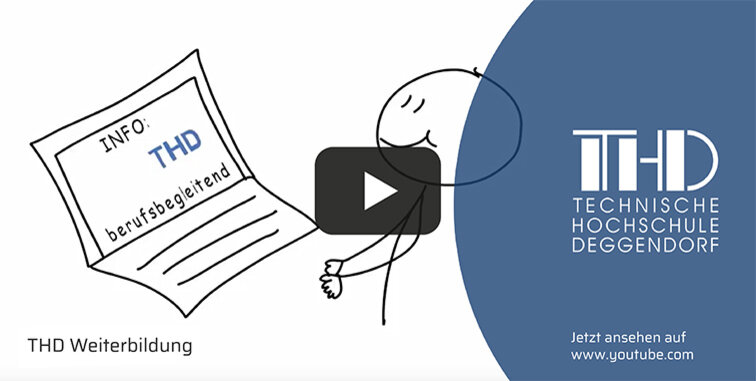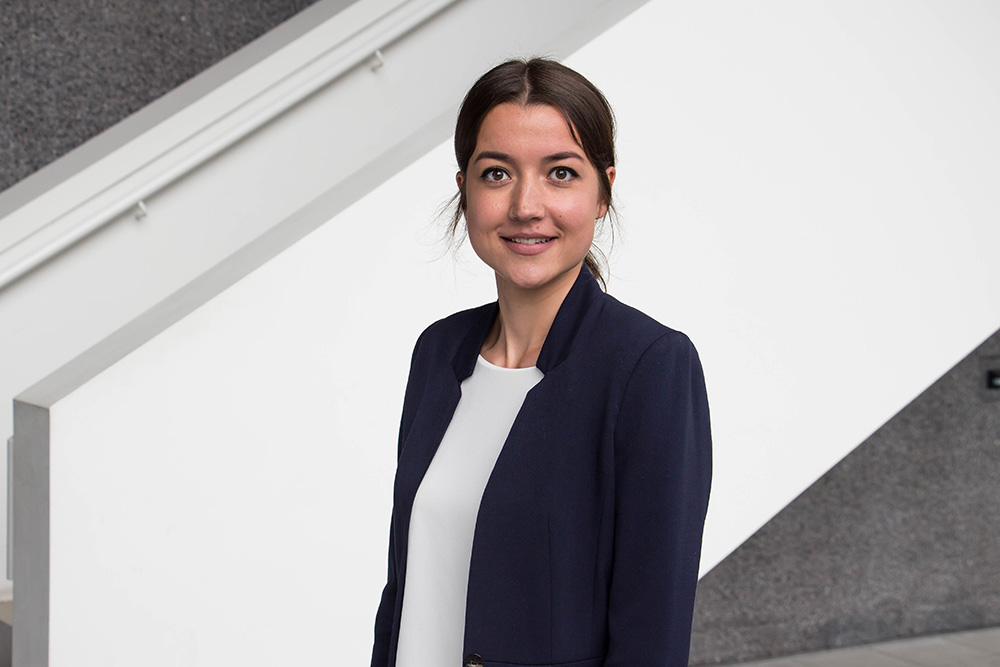deggendorf institute of technology
pioneering & vibrant
from the ambulance to the lecture hall
The Deggendorf Institute of Technology and the Bavarian Red Cross are cooperating with the aim of advancing a further step in the professionalization of the rescue service through the academic training of teachers, specialists and managers as well as through research projects and to strengthen Bavaria as a region of competence for the rescue service. The course is open to paramedics from all rescue service organisations.
fact sheet
Degree : Bachelor of Arts (B.A.)
Taught in: German
Duration : 11 Semesters | 7 attendance semester
The first three semesters can be recognised by the vocational training and the professional experience gained. There are 2 semesters of practical training at at least one vocational school. The 11th semester is reserved for the writing of the Bachelor thesis. Thus the duration of study is usually reduced to 8 semesters. Further information on the course of study can be found below under the tab "Structure of the course of study".
Begin/application: March | Application deadline: 15 January
Time expenditure of the attendance phases: Time expenditure of the attendance phases: one to two three-day blocks per month (Mon-Mi or Th-Sa); the school holidays in Bavaria are mostly lecture-free; place of study: Deggendorf
Costs: € 1,900/semester + € 72 fee/semester
Events:
- Tuesday, 15 September 2020, 6pm, participation in person or online possible (Registration)
- Wednesday, 11 November 2020, 6pm, participation in person or online possible (Registration)
- Thursday, 10 December 2020, 6pm, participation in person or online possible (Registration)
Valerie Lenssens is available for you for personal advice.
target group
The bachelor's programme is conducted on a part-time basis and is highly practice-oriented. It concludes with the academic degree of Bachelor of Arts from the Deggendorf Institute of Technology and is aimed at emergency paramedics* or persons with an equivalent domestic or foreign education and professional qualifications.
(*Emergency paramedics can be admitted to the course if they take the supplementary examination NotSan by the end of the fifth semester).
course content
Medical Aspects of Emergency Pedagogy
Bachelor Thesis |
||||||||||||||||||||||||||||||||||||||||||||||||||||||||||||||||||||||||||||||||||||||||||||||||||||||
application
Admission requirements
- 3-year training as emergency paramedic*
- University entrance qualification (one of the two options):
- Successfully completed (vocational) school leaving examination OR
- Vocational qualification (training as an emergency paramedic* followed by 3 years of work experience)
*Rescue assistants can be admitted to the course of studies if they successfully complete the NotSan supplementary examination by the end of the fifth semester
Application
Apply online via the Primuss application portal with the following documents:
- Letter of motivation (1 page, signed)
- Tabular CV with passport photo
- Training certificate & diploma
- Proof of University entrance qualification
- (Vocational) Abitur: Abitur certificate
- Professionals/ vocational qualification: training certificate
- Proof of professional experience (confirmation of employer or certificate of employment)
- Applies only to professionally qualified people: Confirmation of a consultation, appointment with Valerie Lenssens
student interview
Anton Gerner, Pedagogy in Rescue Services student:
1. Why did you decide to study Pedagogy in Rescue Services?
At last there is a course of study that is adapted to the needs of rescue services and of course because the contents meet the requirements of the district government for the admission of teachers.
2. Why did you decide to study alongside your job?
The attendance time at the university is perfect for me with 3-5 days per month. I can manage my remaining time to work on my studies at home. Of course I - like many other students - have to manage my living expenses. That's why a full-time job is indispensable.
3. What distinguishes the Bachelor's programme from your point of view?
Flexibility, good supervision, support from the professors, lecturers of the university even in times of corona. Interesting and appealing profile of the study programme.
4. What benefits do you see in the Bachelor's programme and how do you assess the applicability of the contents for your practice?
The course of studies give me the opportunity to acquire more background knowledge in many subject area and gives me a different perspective on the issues. I can put a lot of the content I learned in the programme into practice very well: Conversation techniques, pedagogical basics, background through scientific work.
5. Which direction would you like to take after your Bachelor's degree?
Specialist teacher for rescue services personnel at a vocational school.
6. What tips would you give prospective students of the Bachelor's programme?
Staying focused and getting involved in something new is super interesting!






